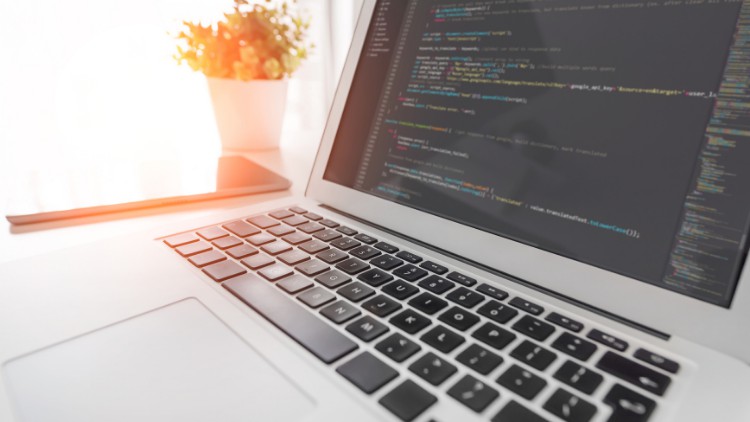
Learn C++ Complete with good examples & scenarios.
What you will learn
C++
Code File
Codes Formatting
Variables
Constants
Program Logic Flow
Complex Data Type
Function Parameters and Arguments
Loops
IF else
Switch Case
Arrays
Pointers
Operators
Description
C++ is a very popular language for performance-critical applications that rely on speed and efficient memory management. It’s used in a wide range of industries including software and game development, VR, robotics, and scientific computing.
Why we love it:
- Fast and flexible
- Low-level functionality
- Large programming community
- Strong documentation
C++ is one of the world’s most popular programming languages.
C++ can be found in today’s operating systems, Graphical User Interfaces, and embedded systems.
C++ is an object-oriented programming language which gives a clear structure to programs and allows code to be reused, lowering development costs.
C++ is portable and can be used to develop applications that can be adapted to multiple platforms.
C++ is fun and easy to learn!
As C++ is close to C# and Java, it makes it easy for programmers to switch to C++ or vice versa
About C++ Programming
- Multi-paradigm Language – C++ supports at least seven different styles of programming. Developers can choose any of the styles.
- General Purpose Language – You can use C++ to develop games, desktop apps, operating systems, and so on.
- Speed – Like C programming, the performance of optimized C++ code is exceptional.
- Object-oriented – C++ allows you to divide complex problems into smaller sets by using objects.
- After learning C++, it will be much easier to learn other programming languages like Java, Python, etc.
- C++ helps you to understand the internal architecture of a computer, how computer stores and retrieves information.
Content